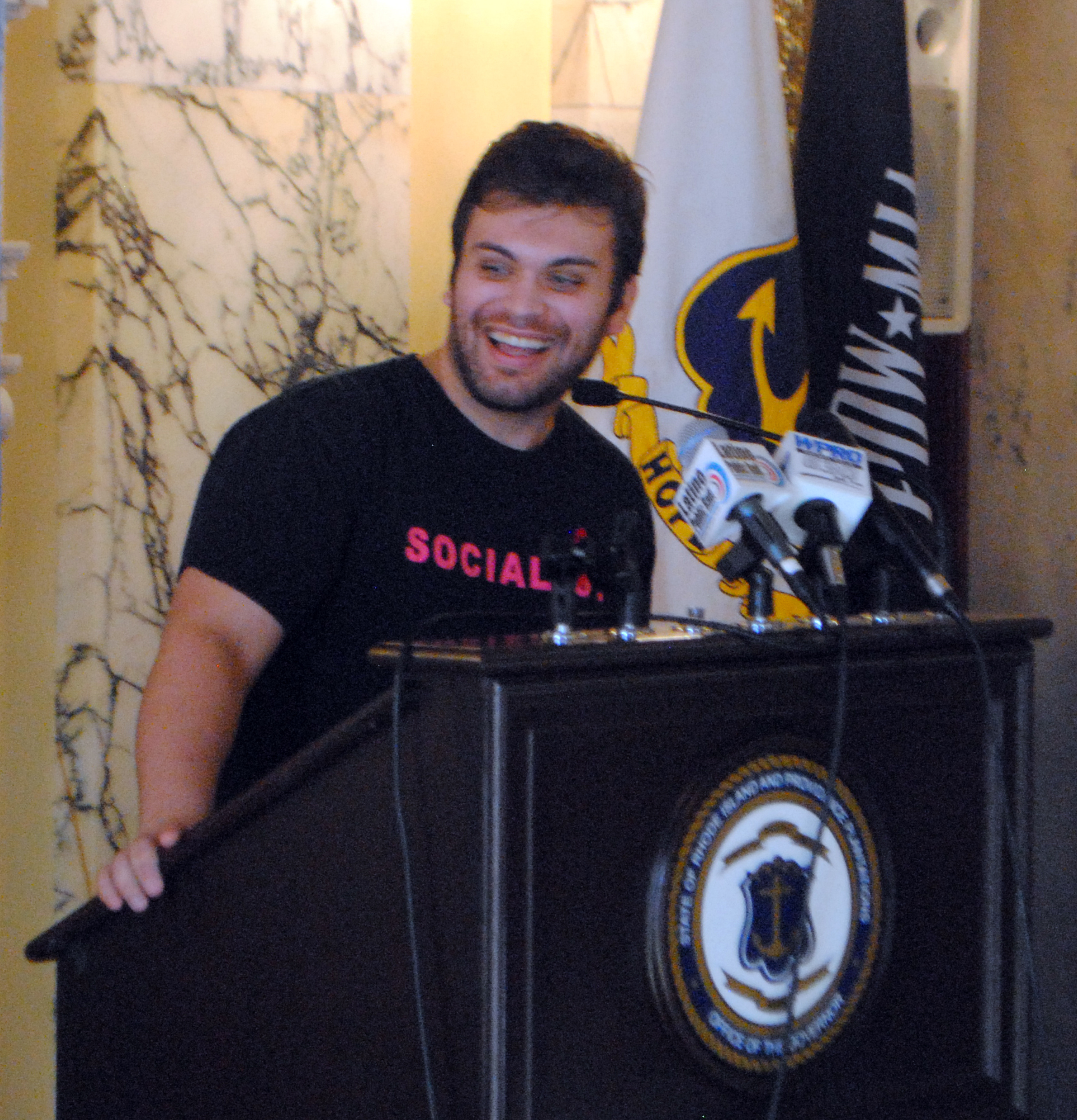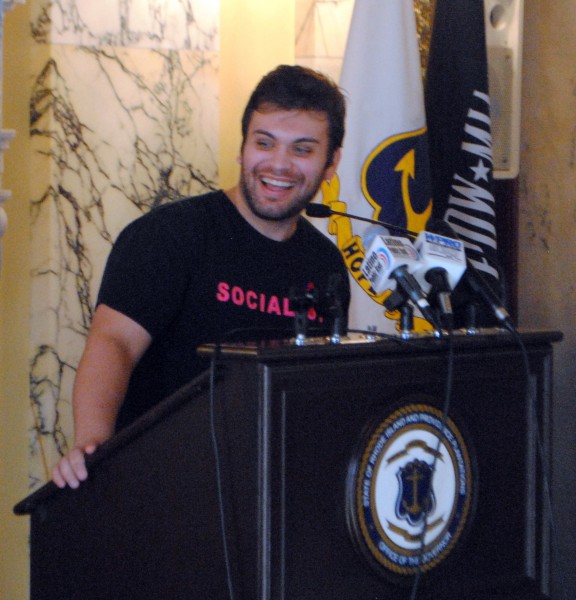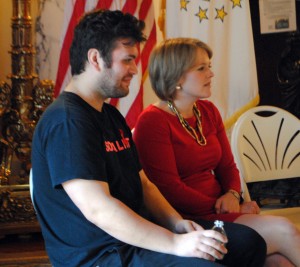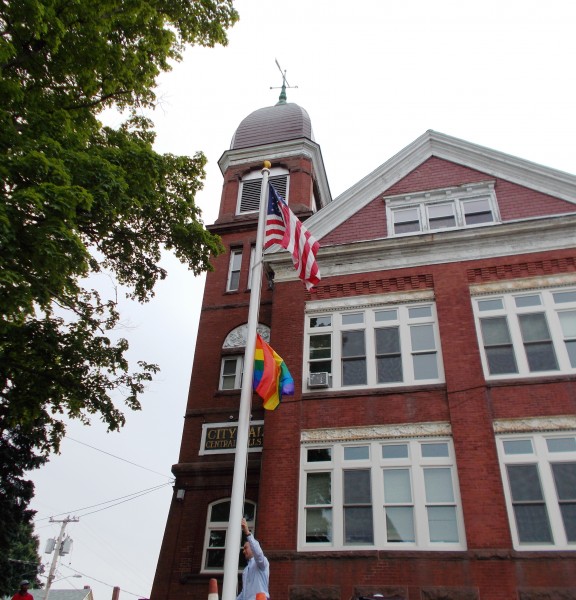 Well, it’s hard to say for sure since we can neither read nor change the past. The disgraced former Mayor of Central Falls, who plead guilty to corruption charges in 2012, and one of the key factors in Central Falls declaring bankruptcy in 2011, might be in favor of having the rainbow flag fly over city hall.
Well, it’s hard to say for sure since we can neither read nor change the past. The disgraced former Mayor of Central Falls, who plead guilty to corruption charges in 2012, and one of the key factors in Central Falls declaring bankruptcy in 2011, might be in favor of having the rainbow flag fly over city hall.
But few residents really care what he thinks these days. The same is true for former Mayor Lazieh, who also “helped” the city along on its path to bankruptcy back in the 1990s, and who has tried to return to the post only to be defeated by James Diossa in 2012, and to the City Council in 2014 – again, defeated by voters presumably unwilling to make the same mistakes made in the past.
What does matter is that three years into his administration Diossa is continuing to bring his home town into the 21st century by celebrating Central Falls’ diversity across the board. And that includes recognizing the place that Central Falls’ gay residents have in this city that still defiantly calls itself “the city with a bright future.”
This is the second year that Diossa has raised the rainbow flag, the symbol of the LGBTQ community since the 1970s. He joins Providence Mayor Jorge Elorza who raised the flag on June 5 to kick off Rhode Island Pride season.
The group that gathered at this flag raising ceremony was small but inclusive – Hispanic, Anglo, African American, current and former residents – and all were openly delighted. There were also representatives from Senator Whitehouse’s office, as well as city officials and employees, and a representative from Governor Raimondo’s office.
This ceremony seemed particularly significant, held on the day before the Supreme Court ruled 5-4 in favor of marriage equality across the United States. In his remarks, Diossa talked about the importance of recognizing ALL residents of the city.
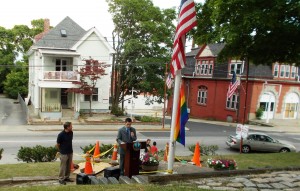 “Our LGBTQ community deserves to be recognized with a symbol that is known and flown proudly all over the world,” he said. In speaking to me after the ceremony, he said “I really don’t understand what the big deal is.” For him, the “big deal” is the importance of people loving each other and that it be recognized socially and legally.
“Our LGBTQ community deserves to be recognized with a symbol that is known and flown proudly all over the world,” he said. In speaking to me after the ceremony, he said “I really don’t understand what the big deal is.” For him, the “big deal” is the importance of people loving each other and that it be recognized socially and legally.
There are no statistics on how large the Central Falls gay population is. Doesn’t matter.
What’s important is that, in an age where marriage equality is law across the United States, and more and more Americans now support it, the small city of Central Falls is striking a solid blow that firmly asserts that diversity comes in all forms.
This is almost revolutionary in a city that was once a densely Catholic bastion of conservative social values and dominated by Anglo ethnic groups (French Canadian, Middle Eastern, Polish, and the like) that didn’t even welcome the “invasion” of Hispanics into “their” town.
Mayor Diossa is no stranger to embracing gay rights. In 2013 he joined several other Rhode Island mayors in supporting the legalization of gay marriage here. That support undoubtedly helped the bill pass and become law. Quoted in an article posted on the gay rights organization Human Rights Campaign website , he said “Marriage tells our communities that two people are uniquely committed to one another – that they are a family.”
What is interesting is that Central Falls is now predominantly Hispanic at 65.7%, an ethnic group not historically noted for its support of gay rights. That appears to be changing. A recent Pew Center study found that Hispanics have joined the ranks of supporters of marriage equality at 56%.
This is possibly the result of millennials (age 18-34) now being counted as a force to be reckoned with, likely undercutting traditional social conservative values of their elders. Or it’s possible that Hispanics, who are experiencing ethnic backlash in several states such as Arizona and Texas, even as their political clout has grown, realize it’s time to join with other minorities and support their battles.
An article on the Pew Center website discusses how Hispanic values are changing, thanks to fluctuating religious identities and experiences.
However, that doesn’t mean that Central Falls Hispanics would look kindly upon gay rights. Well aware that raising the flag might offend this predominantly Hispanic city, Diossa, who is of Colombian heritage, cares only that the city recognizes diversity, saying that Central Falls has always been a “gateway city,” where immigrants and minorities can create new lives, and that celebrating gay rights is simply one more way to celebrate the city’s residents.
He made a point of referencing opponents – “Despite the open and loving arms of Central Falls residents, there are still some who whose acceptance of our neighbors is limited.”
Some former and current residents are delighted. Central Falls native and current Riverside resident Ricky Gagnon was glad to hear about the flag raising, saying in a Facebook post “Very cool that my old hood is catching up to being trendy like me.” Central Falls resident Kelly F, declining to give her full name, was at the ceremony and thrilled to see it happen. She said, “This means that maybe my wife and I will finally be fully accepted in my hometown.”
Others of an older, predominantly Anglo, generation mourn the loss of morals in a city slipping out of their control. A woman who lives in one of the two public senior and disabled housing complexes was heard to say that this definitely would not have happened if Moreau or the former City Council was still around. Or any of the other perennial Central Falls politicos. Another called the whole affair “sick.”
It can’t be easy to be on the losing side of social progress, of course, or the wrong side of history. The sky is certainly falling for those who dig in their heels and cry for ‘the good old days’ when men were men, women knew their place, and gays were considered morally corrupt.
Those days are disappearing in the rear view mirror, and rainbows are the order of the day in Central Falls. And as a resident of this small but fierce urban survivor, I couldn’t be more proud.
Lin Collette is a Central Falls resident and a Progressive Charlestown contributor. Her original article appears HERE.






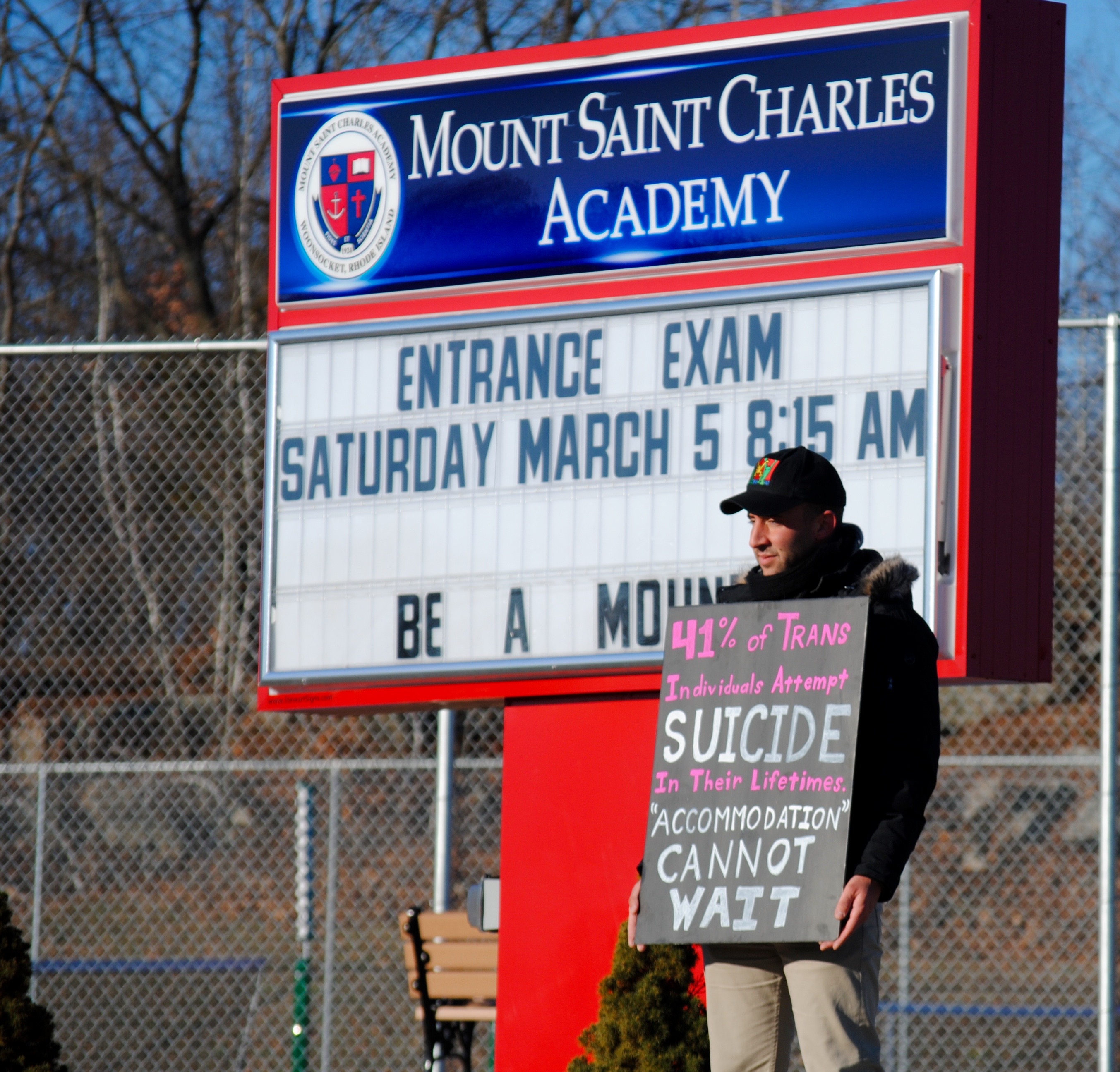
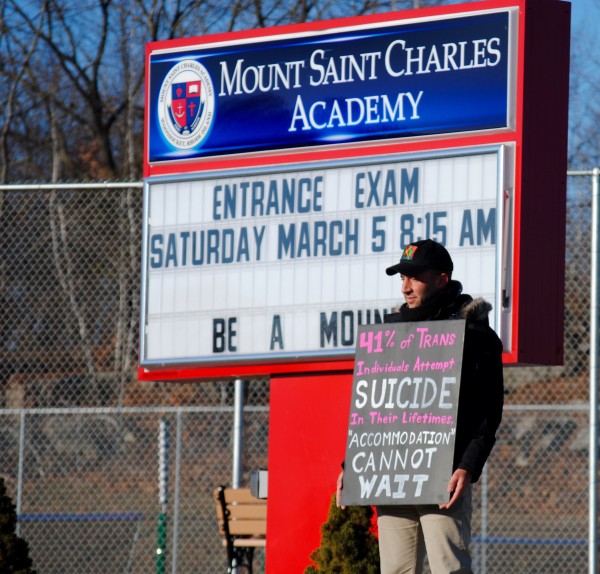
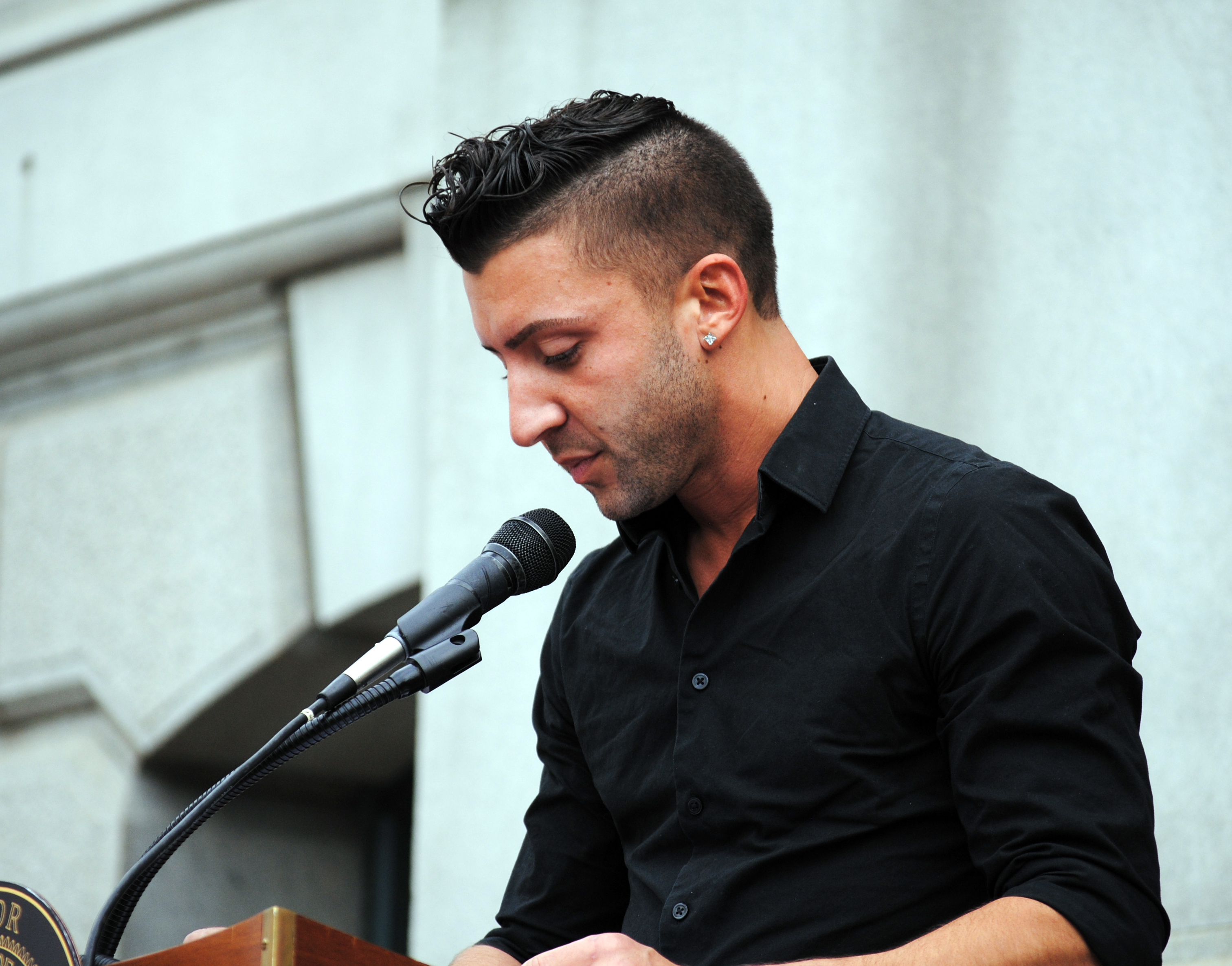
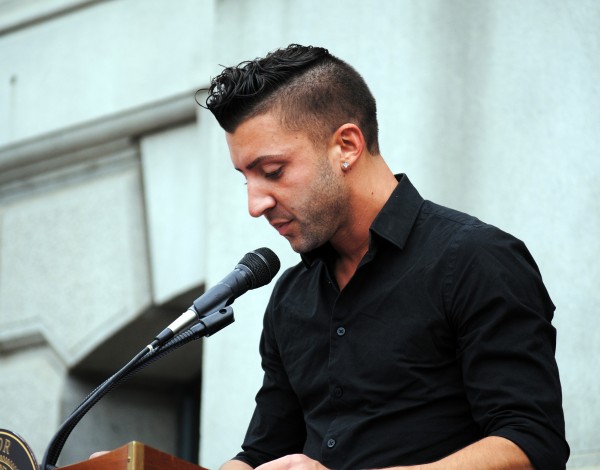 A few months ago, Governor Gina Raimondo hosted a meeting for members of the “LGBTQ community” at which no People of Color were present, because no People of Color were invited. Some attendees later reflected on their discomfort sitting in that meeting which was either intentionally or unintentionally (depending on your level of cynicism) racially-exclusive.
A few months ago, Governor Gina Raimondo hosted a meeting for members of the “LGBTQ community” at which no People of Color were present, because no People of Color were invited. Some attendees later reflected on their discomfort sitting in that meeting which was either intentionally or unintentionally (depending on your level of cynicism) racially-exclusive.


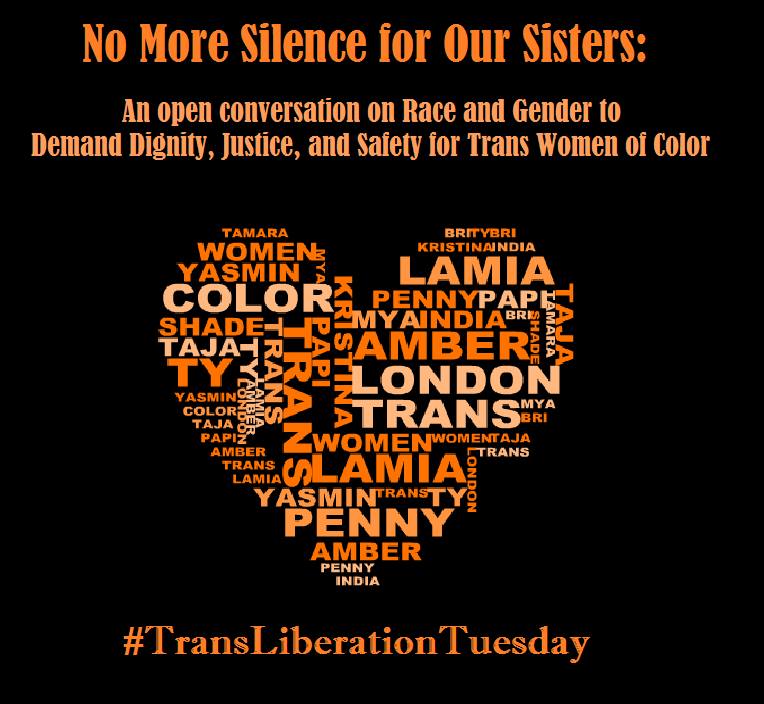
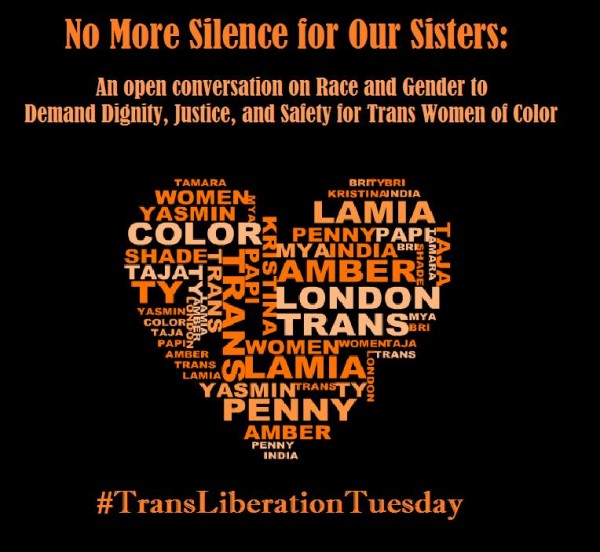
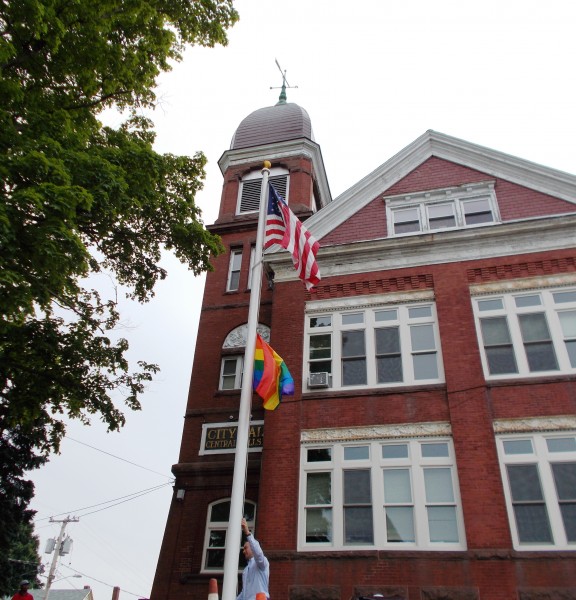


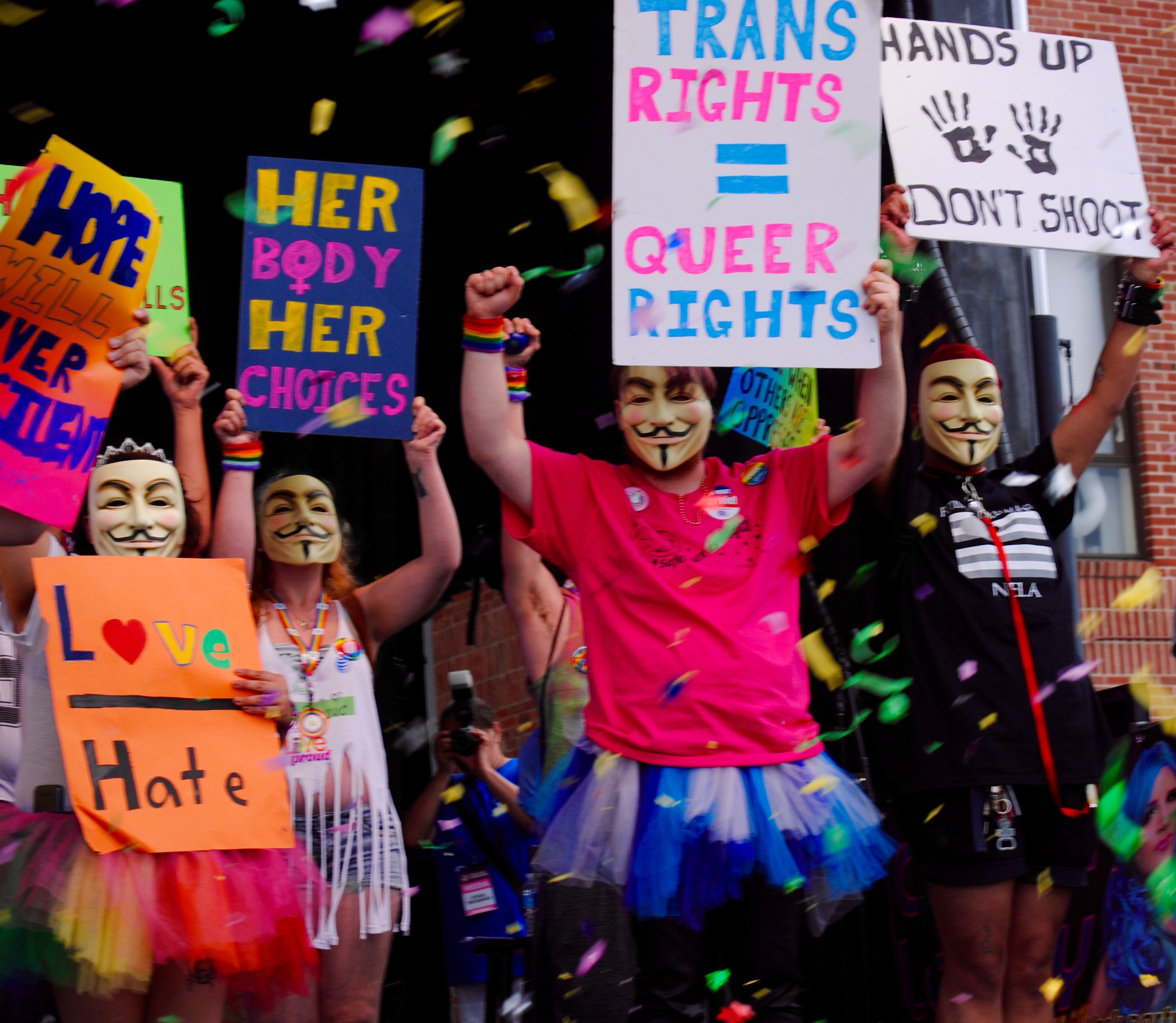
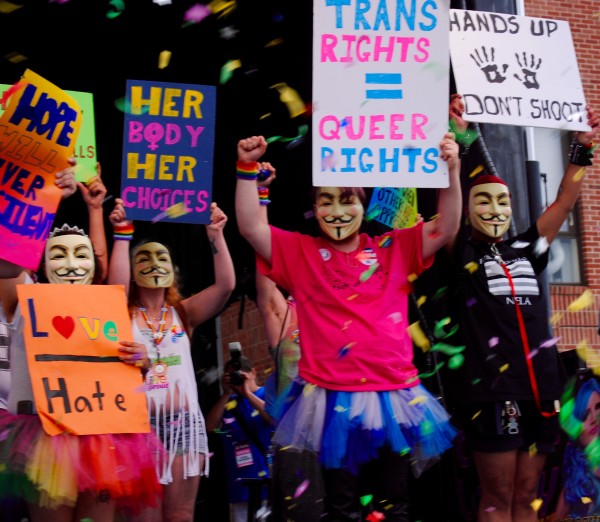 The theme for RI Pride‘s 2015 celebration, suggested by Anthony Maselli, Mr. Gay Rhode Island 2014, was “IndiVISIBLE.” I’ll let Maselli explain it in his own words:
The theme for RI Pride‘s 2015 celebration, suggested by Anthony Maselli, Mr. Gay Rhode Island 2014, was “IndiVISIBLE.” I’ll let Maselli explain it in his own words:

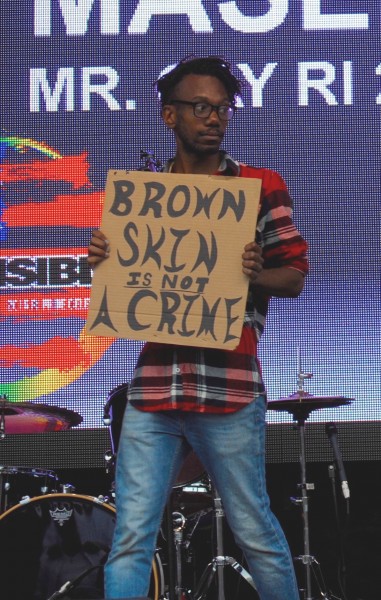
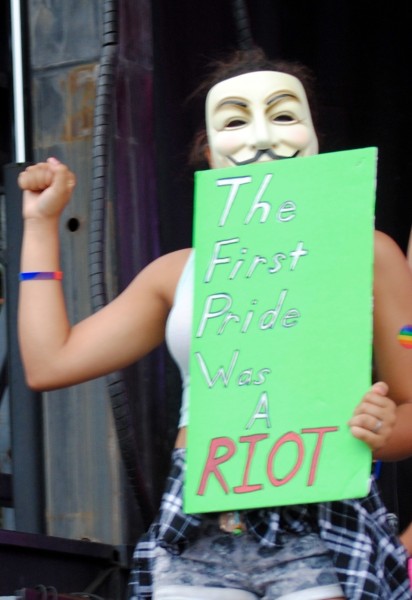
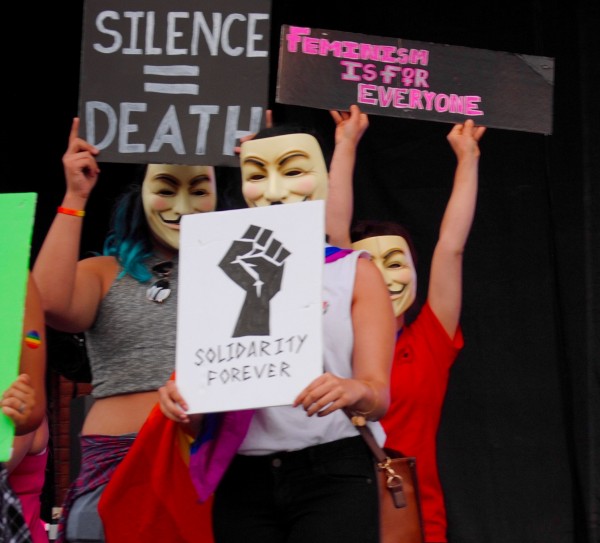
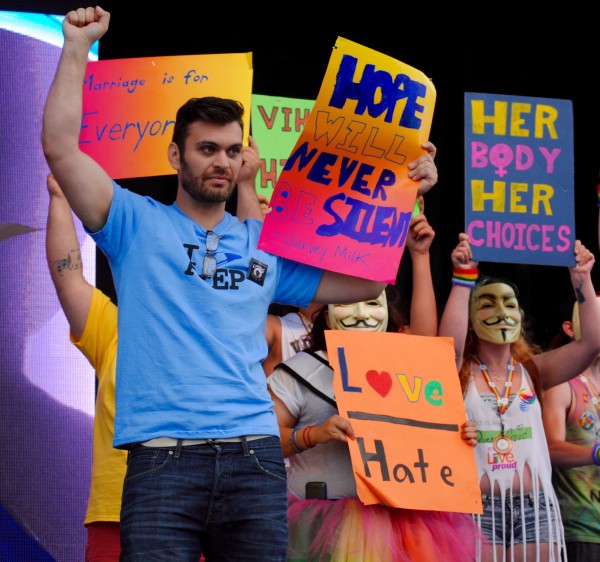

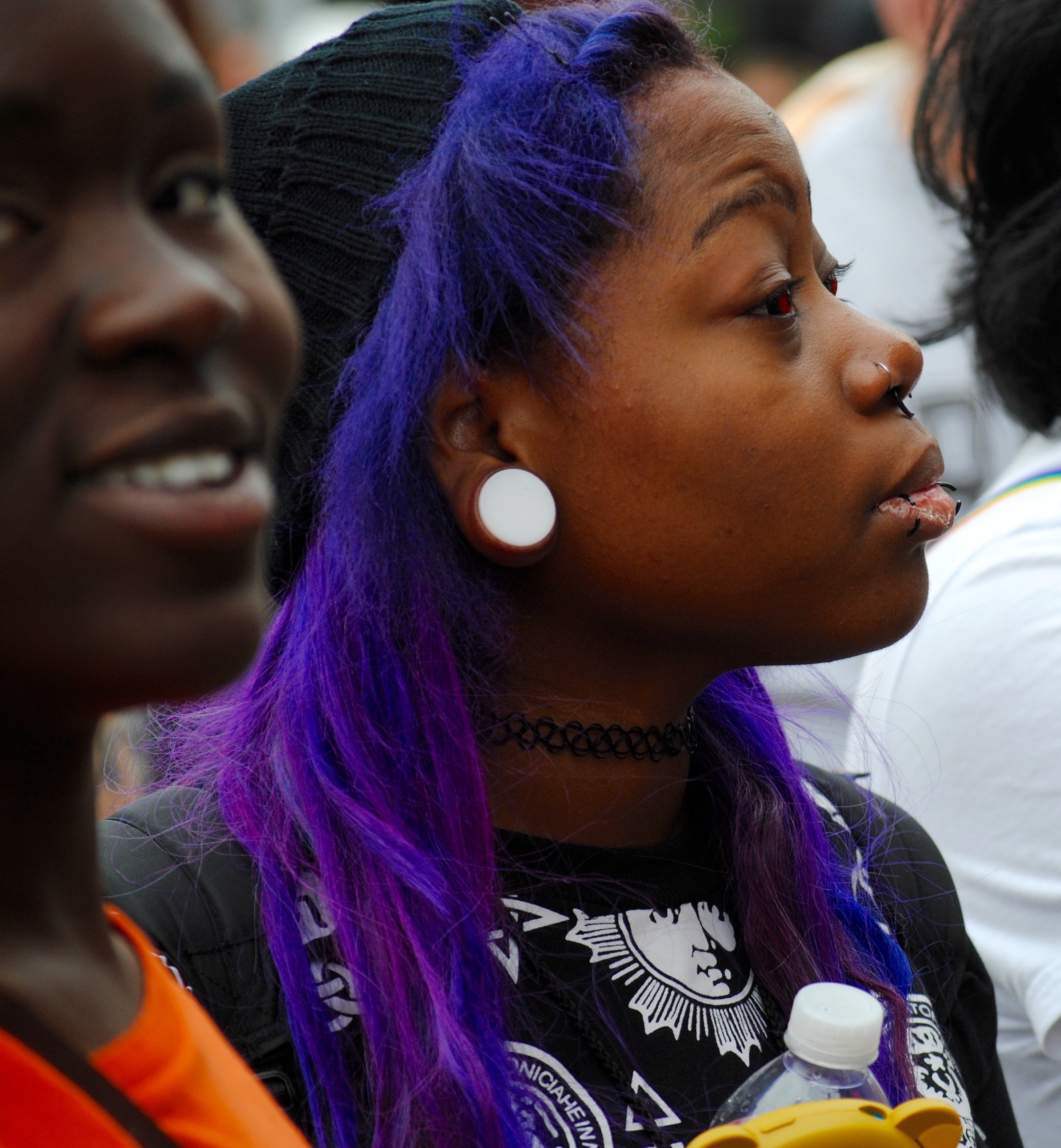















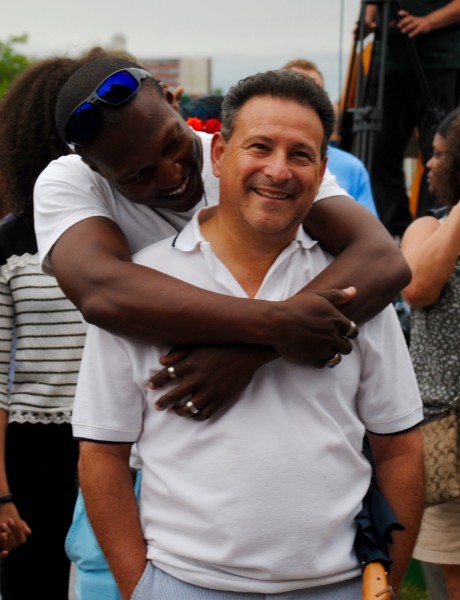

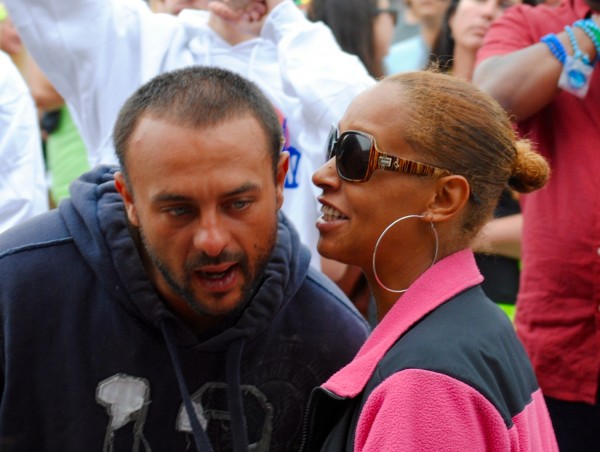
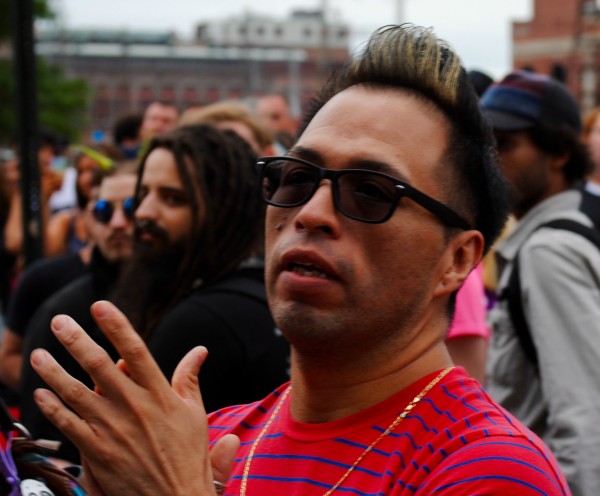


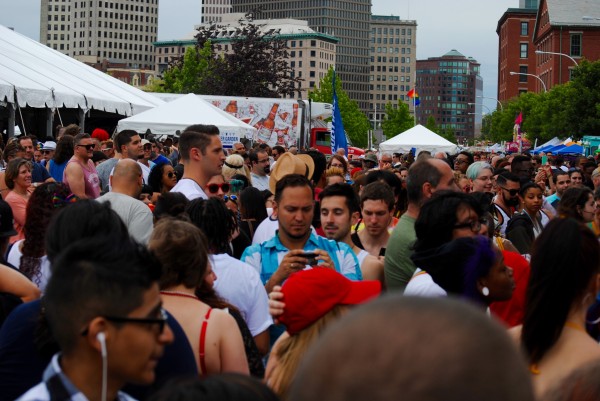
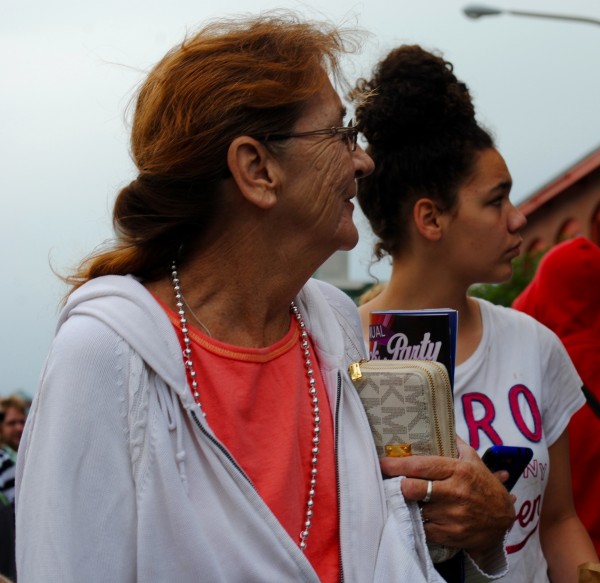


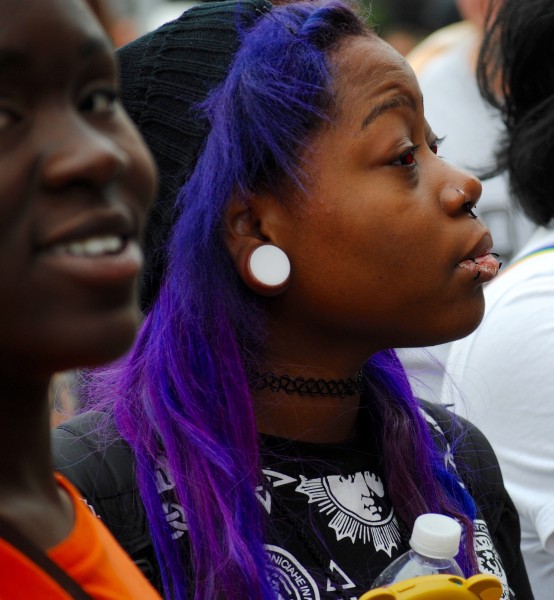





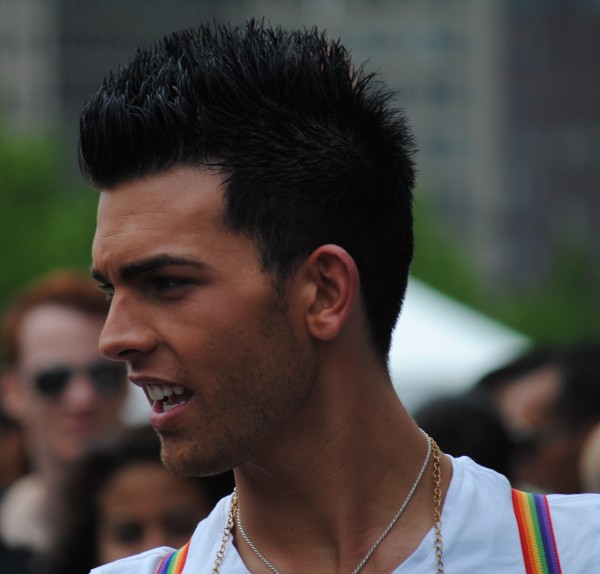


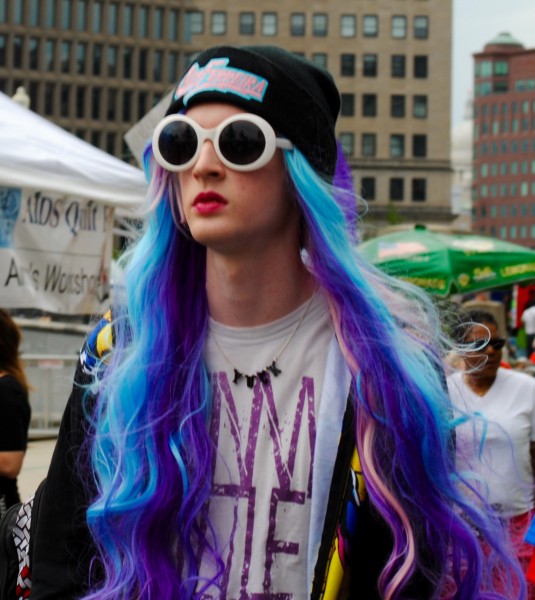


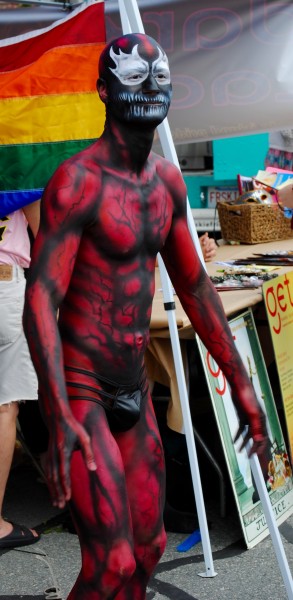

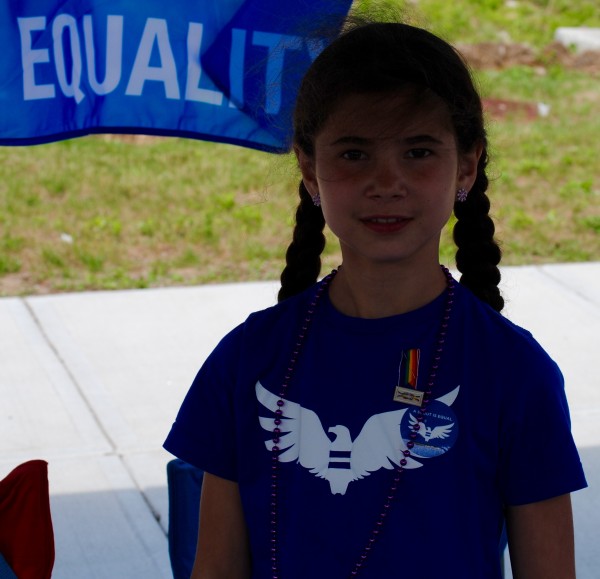
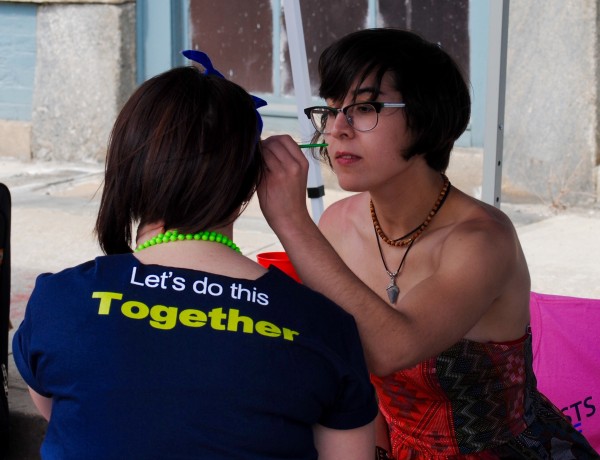
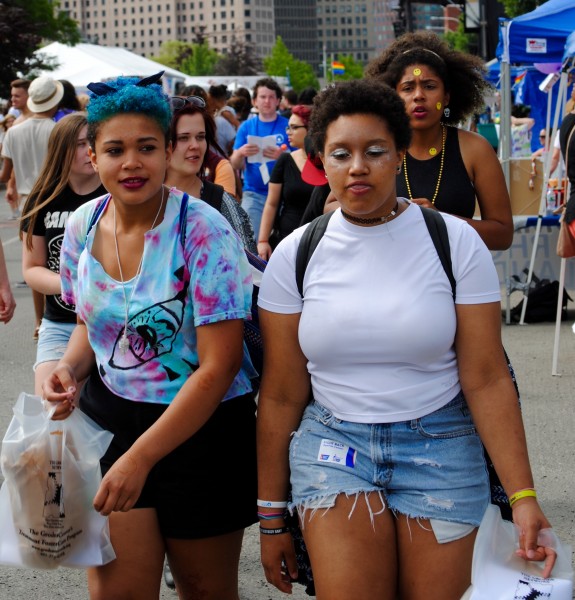


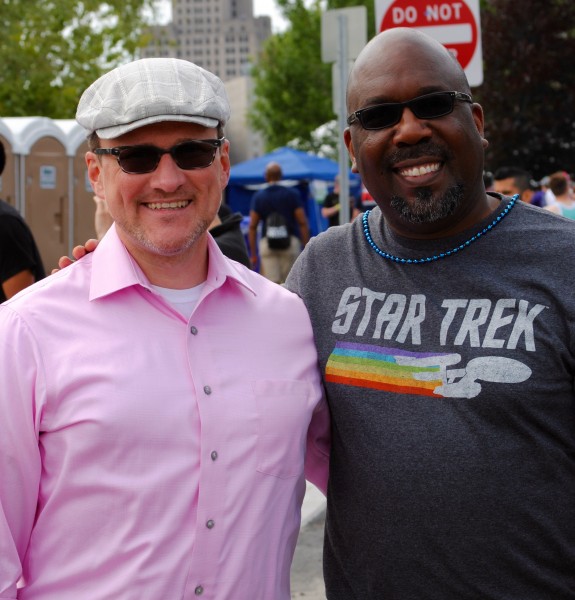
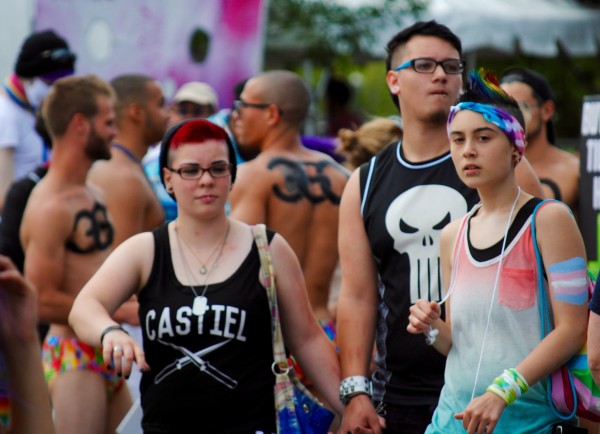
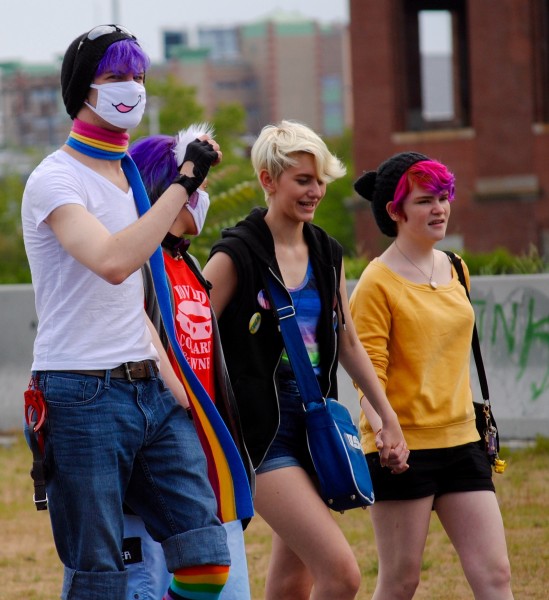
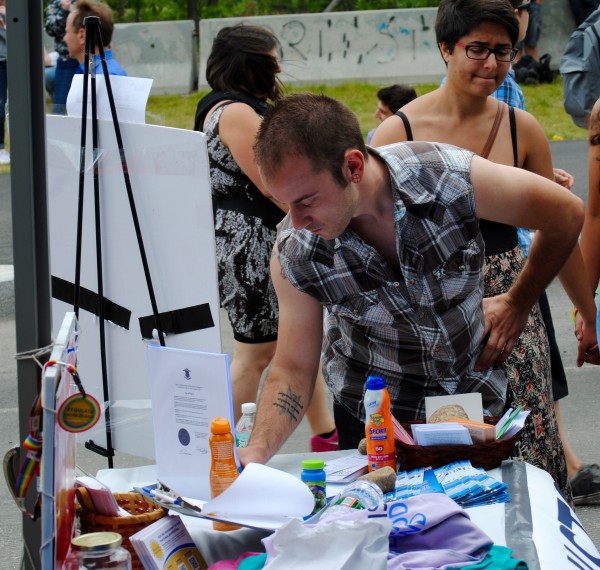




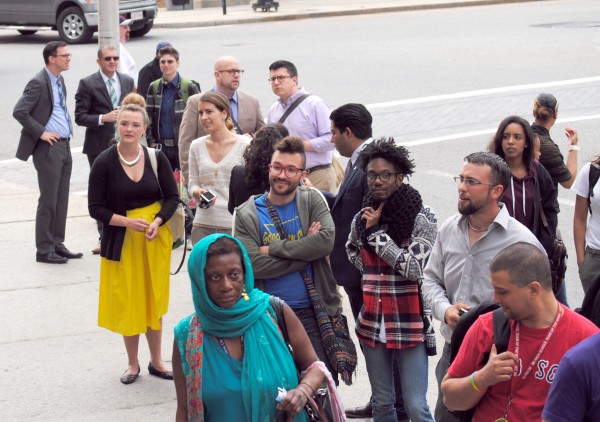 How could we continue to advocate for marriage equality and LGBTQ inclusion in general, but remain afraid to discuss issues of gender and race within our own community?
How could we continue to advocate for marriage equality and LGBTQ inclusion in general, but remain afraid to discuss issues of gender and race within our own community? When I suggested the term “Indivisible” for this year’s Pride theme, I meant for it not simply to promote a sense of unity, but to really challenge us to ask these questions, to allow a conceptualization of diversity that moves beyond binary dimensions, and expands to include a three-dimensional sense of self and community.
When I suggested the term “Indivisible” for this year’s Pride theme, I meant for it not simply to promote a sense of unity, but to really challenge us to ask these questions, to allow a conceptualization of diversity that moves beyond binary dimensions, and expands to include a three-dimensional sense of self and community.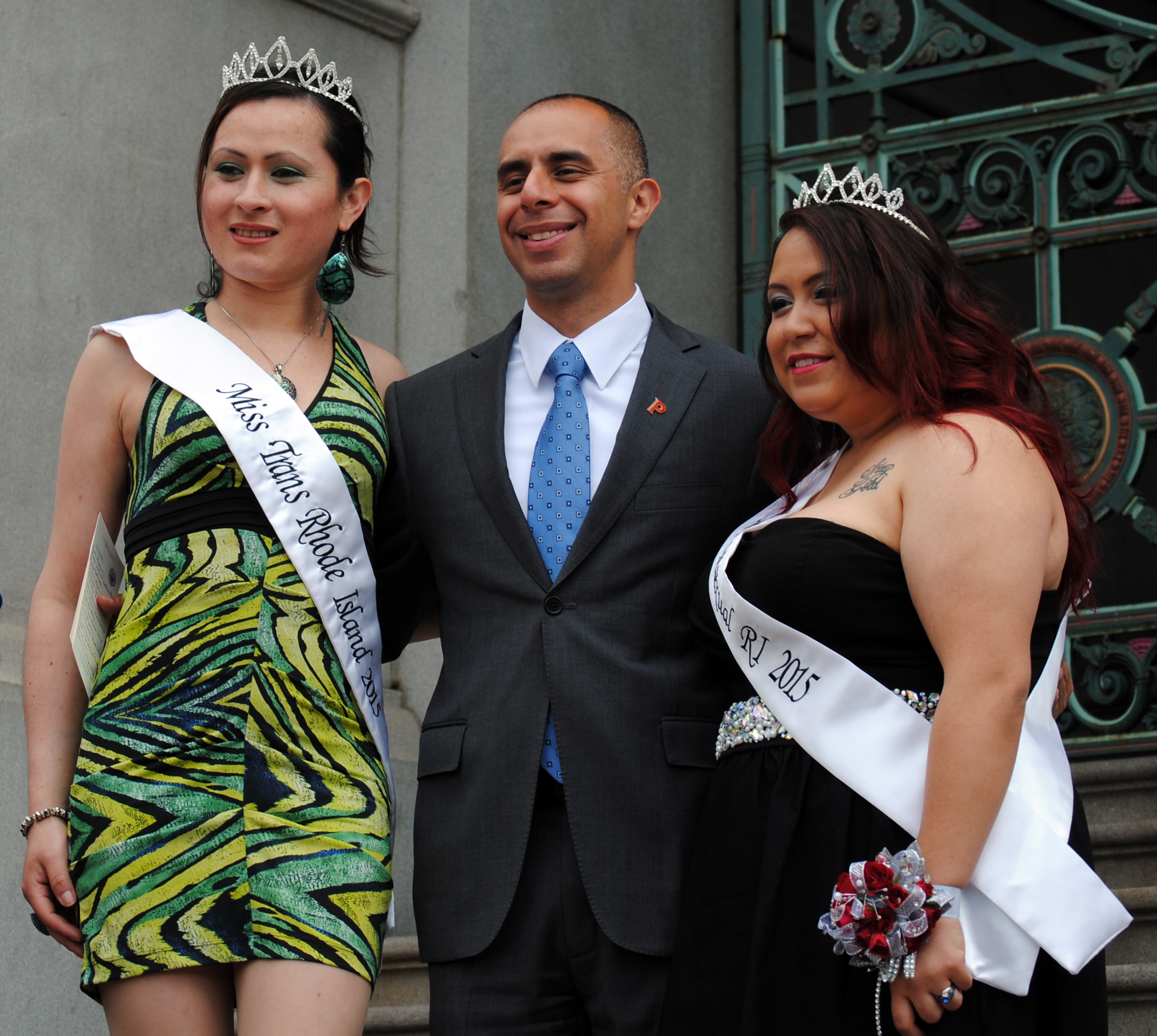
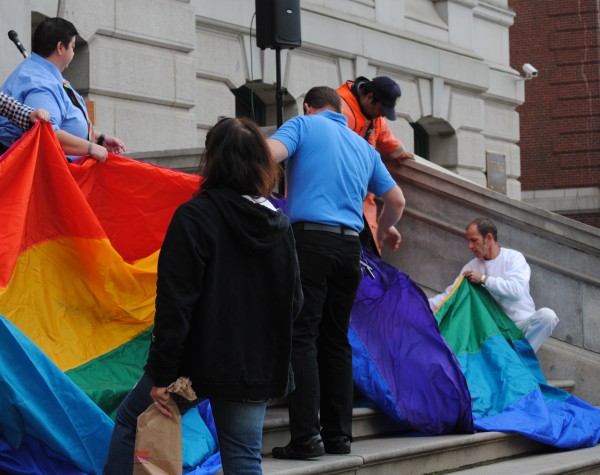 Mayor Jorge Elorza helped to unfurl the rainbow Pride flag on the steps of the Providence City Hall as a crowd of about 75 members and supporters of the Providence area LGBTQ community applauded.
Mayor Jorge Elorza helped to unfurl the rainbow Pride flag on the steps of the Providence City Hall as a crowd of about 75 members and supporters of the Providence area LGBTQ community applauded.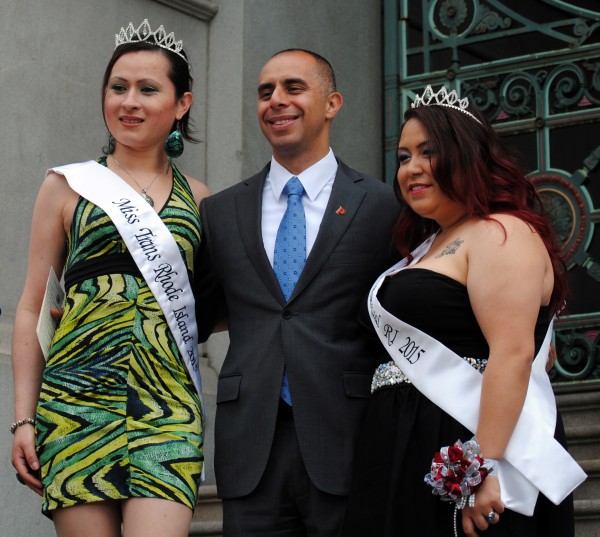


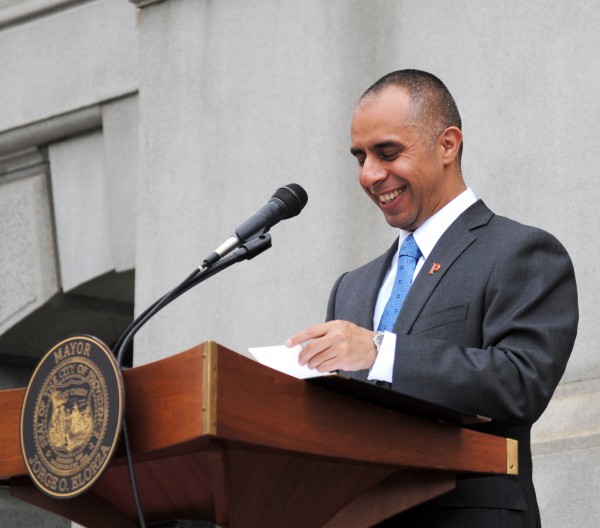
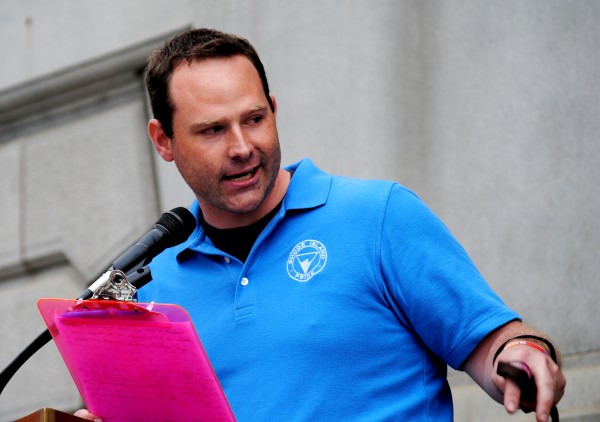
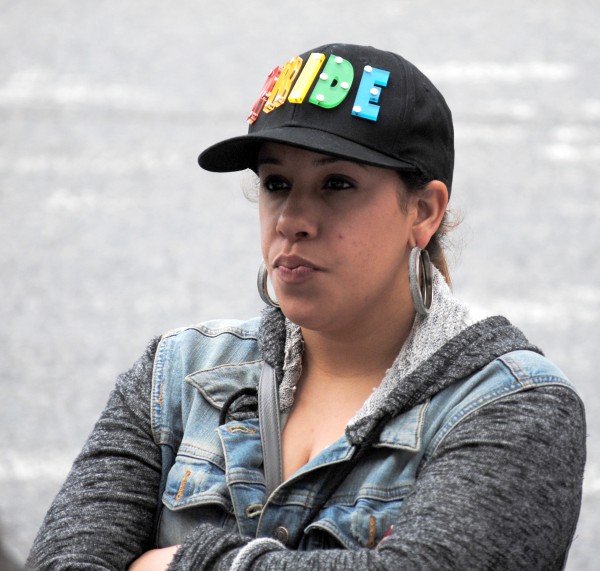
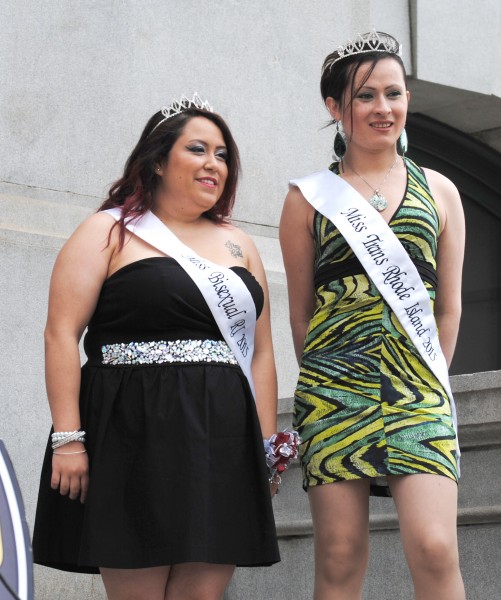
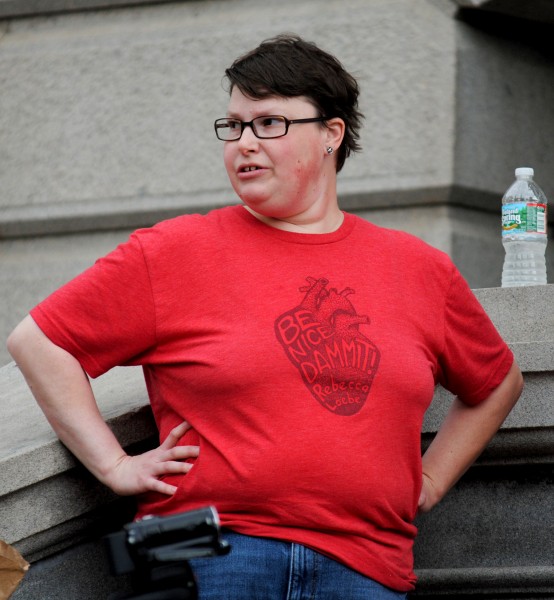

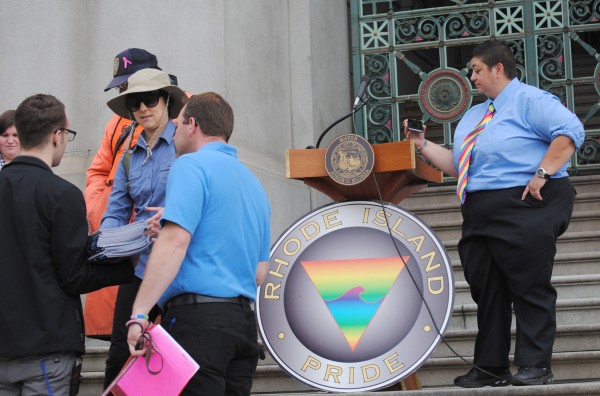

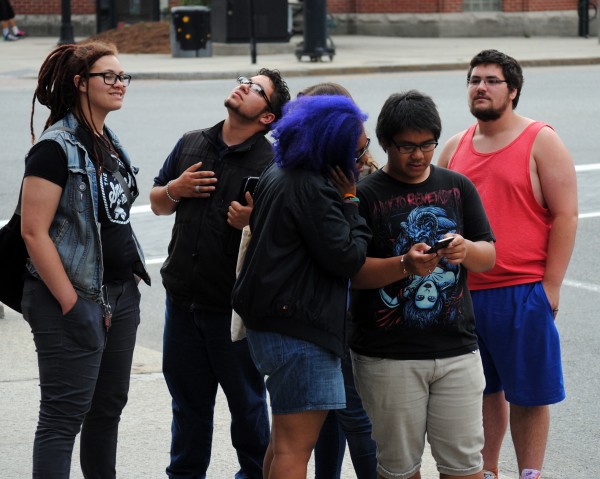
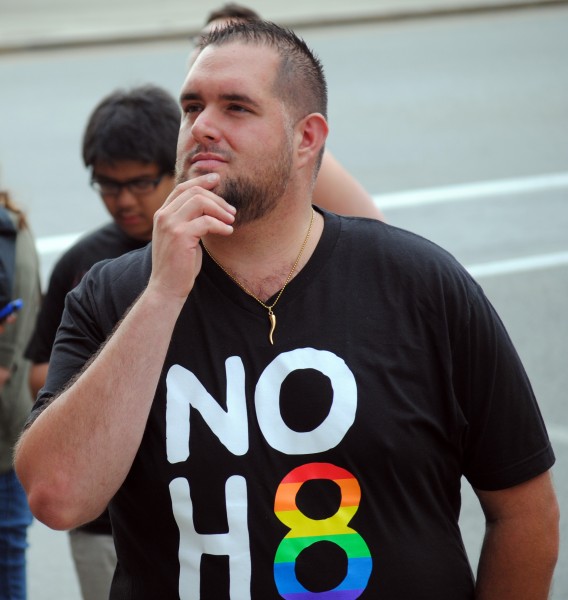
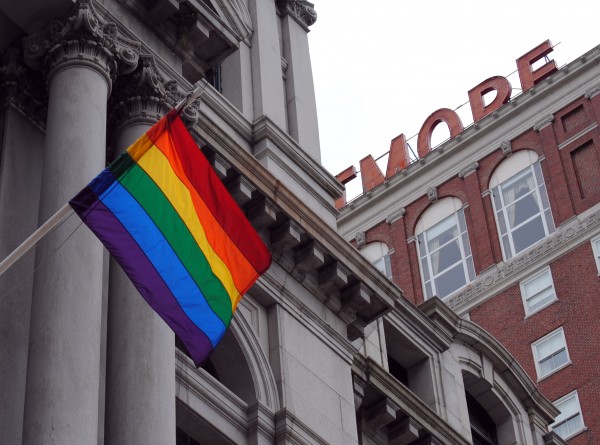
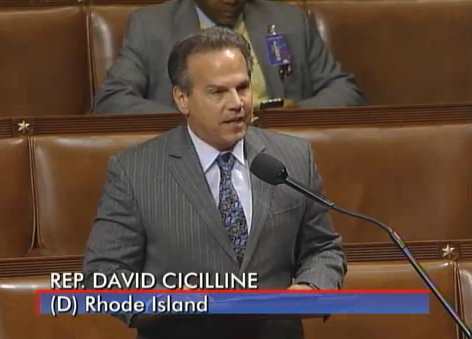
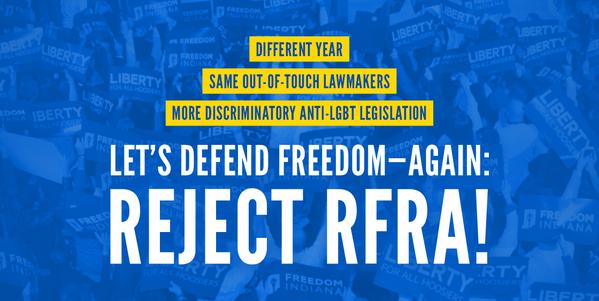
 When Rhode Island Speaker Nicholas Mattiello promised to focus on “
When Rhode Island Speaker Nicholas Mattiello promised to focus on “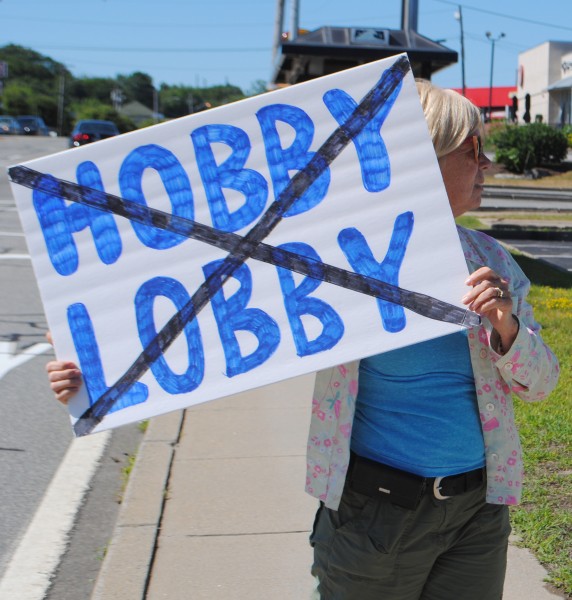 When the federal RFRA was
When the federal RFRA was 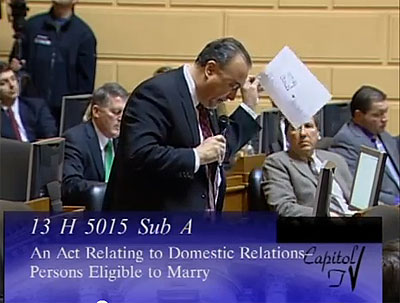

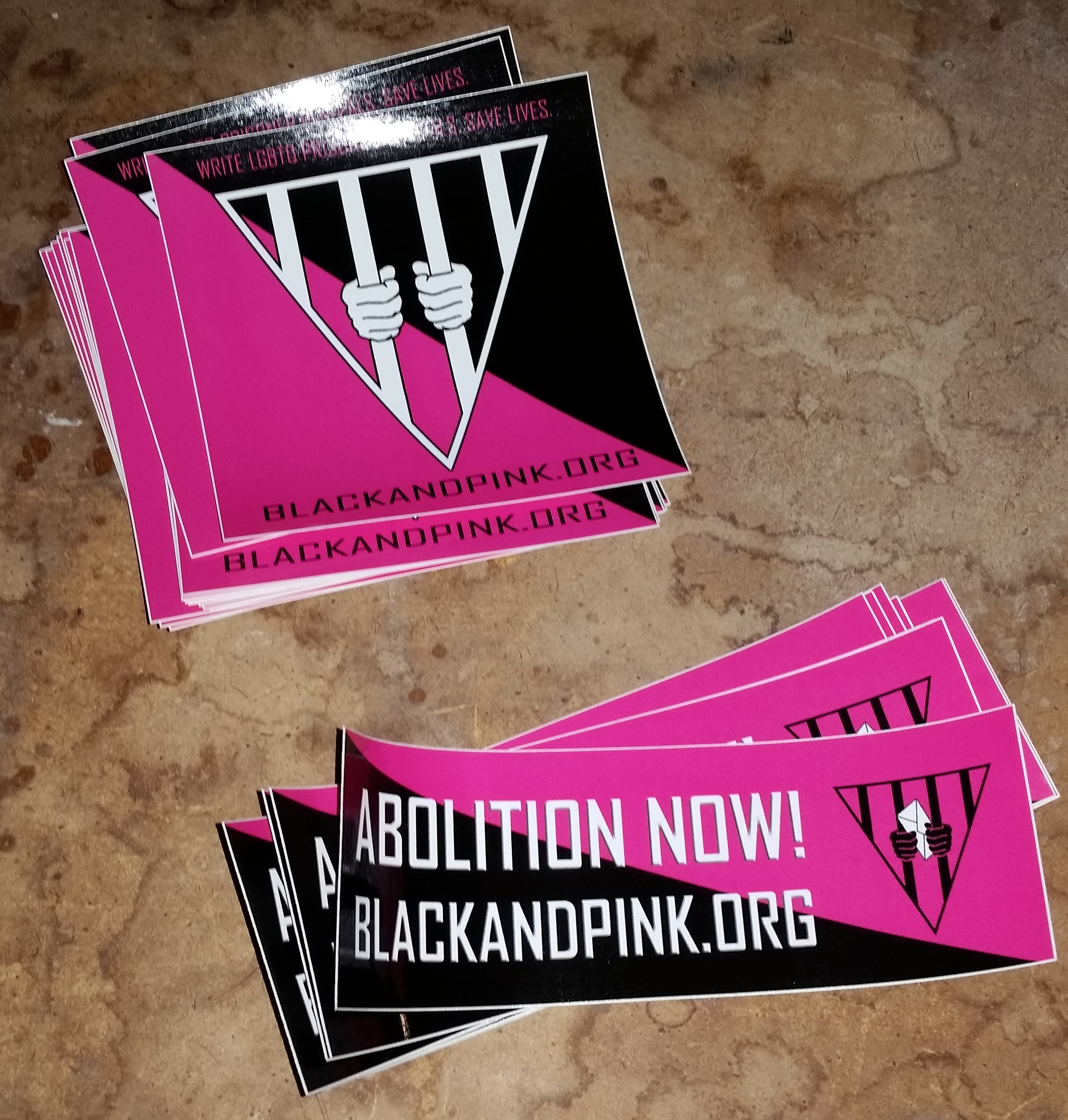
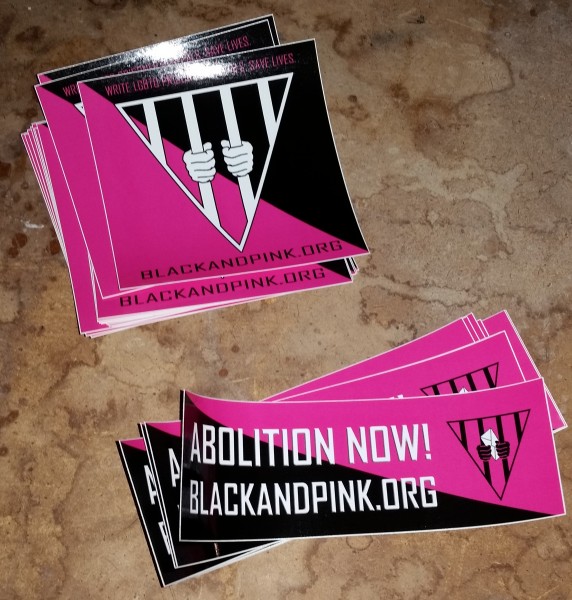 “Mail Call often happens in public spaces in the prison. When someone hears their name called by a prison guard during mail call, it is a reminder that people on the outside care about that person. It is also a message to the guards and other prisoners that this person has support and is not forgotten. This can be a vital harm reduction strategy for people who are locked up, especially queer and transgender folks.”
“Mail Call often happens in public spaces in the prison. When someone hears their name called by a prison guard during mail call, it is a reminder that people on the outside care about that person. It is also a message to the guards and other prisoners that this person has support and is not forgotten. This can be a vital harm reduction strategy for people who are locked up, especially queer and transgender folks.” At the holiday card making party I attended, David, one of the organizers, talked about the importance of cards and letters in the life of a prisoner. “When you receive mail [in prison] it’s like Christmas,” he said.
At the holiday card making party I attended, David, one of the organizers, talked about the importance of cards and letters in the life of a prisoner. “When you receive mail [in prison] it’s like Christmas,” he said. I watched as the 17 volunteers folded and decorated pre-printed cards with colored pencils and markers, writing notes of encouragement and support. The art on the cards was supplied by former and current prisoners. The Rhode Island holiday card making party had a list of 88 names of prisoners in need of support.
I watched as the 17 volunteers folded and decorated pre-printed cards with colored pencils and markers, writing notes of encouragement and support. The art on the cards was supplied by former and current prisoners. The Rhode Island holiday card making party had a list of 88 names of prisoners in need of support.